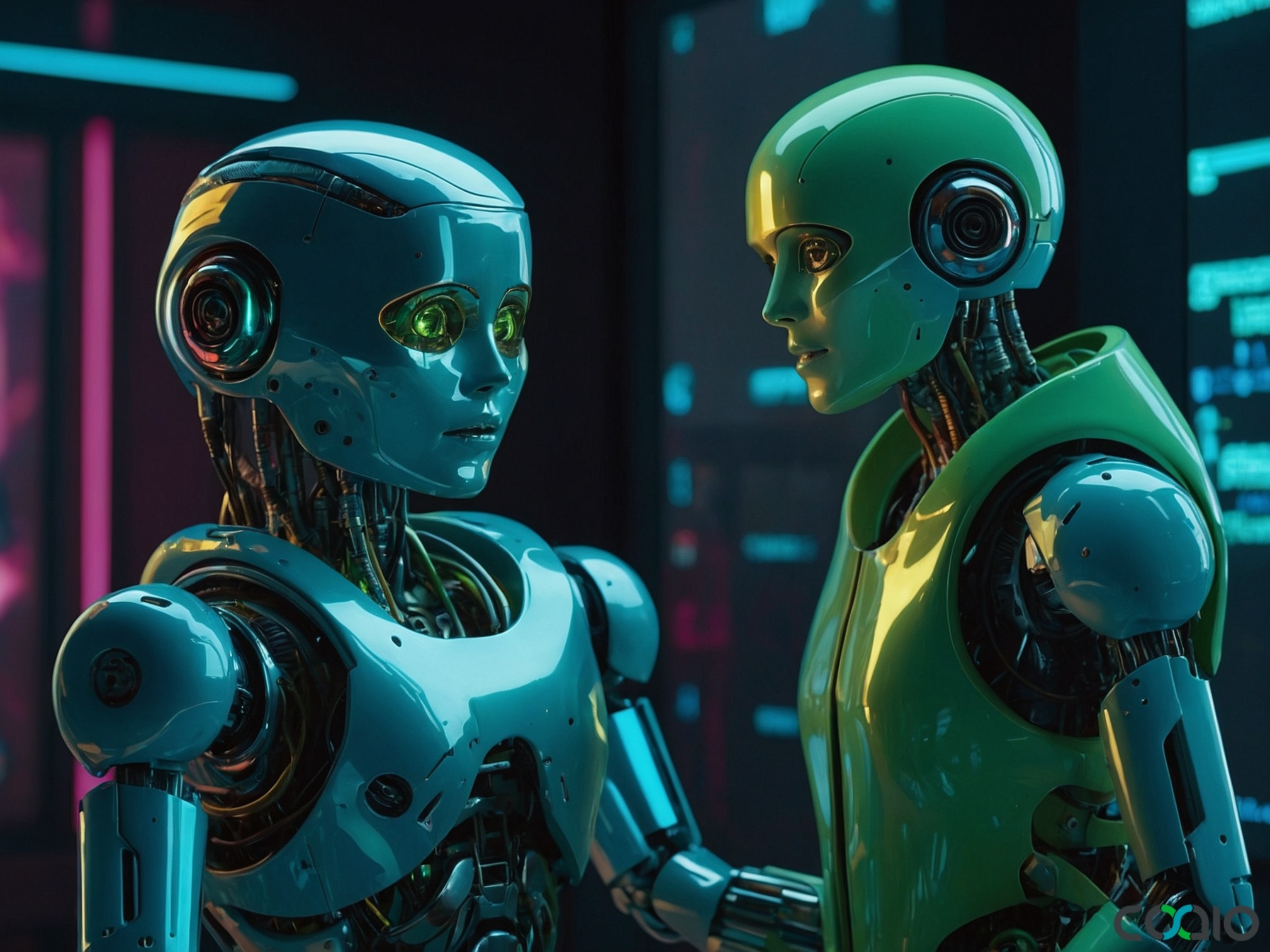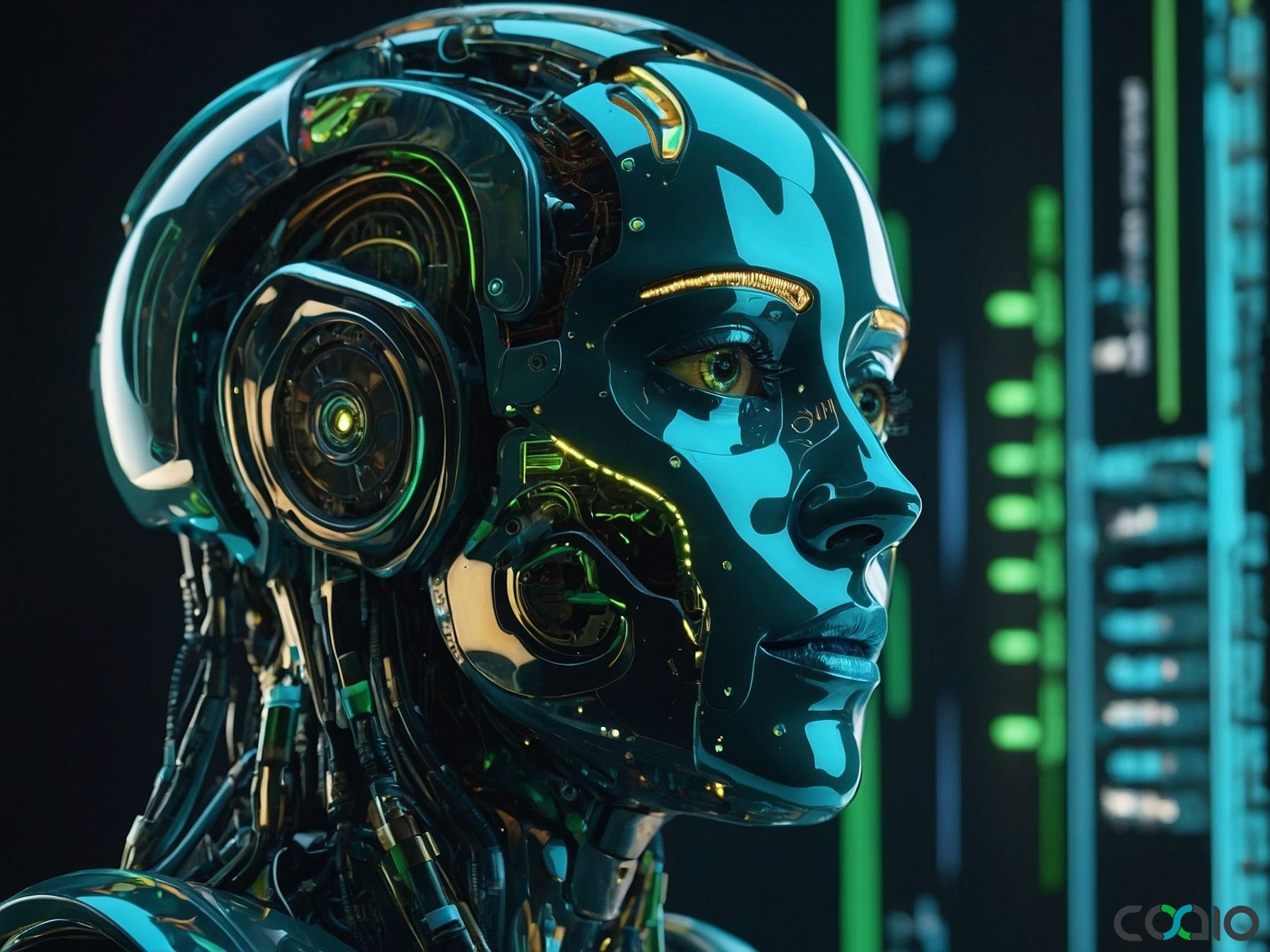
Revolutionary Advances in Software Development: AI, Testing, and Timeless Languages in 2025
As of June 14, 2025, the software development landscape is buzzing with innovation, regulatory changes, and milestones that are reshaping how developers build, test, and deploy applications. From AI-driven testing tools to enduring programming languages and new funding rounds for automation startups, the industry is evolving at a rapid pace. This article dives into the latest headlines, exploring how these developments are influencing the future of tech. With a focus on efficiency, accessibility, and risk management, these trends highlight the importance of leveraging advanced tools to streamline development processes.
The Rise of AI in UI Testing: Zencoder’s Zentester Enters Public Beta
In a significant move for quality assurance in software development, Zencoder has launched the public beta of Zentester, an AI-powered agent designed for end-to-end UI testing. This tool mimics human interactions with web applications, making it easier for developers to identify and fix issues early in the development cycle. According to the announcement on SD Times, Zentester combines screenshots with Document Object Model (DOM) snapshots to navigate layouts, interact with elements, and generate detailed test reports. This approach not only speeds up testing but also reduces the manual effort required, allowing teams to focus on innovation rather than repetitive tasks.
The implications of Zentester are profound, especially in an era where user experience is paramount. For instance, as web applications grow more complex, traditional testing methods often fall short in detecting subtle bugs that affect real-user scenarios. Zentester addresses this by simulating natural user behaviors, such as scrolling, clicking, and form submissions, which can uncover issues that automated scripts might miss. Developers can now integrate this tool into their workflows to ensure higher reliability and faster release cycles. Read more about Zencoder’s launch.
This innovation ties into broader trends in software development outsourcing, where tools like Zentester can enhance efficiency for teams working remotely or across borders. By automating routine testing, developers can allocate more time to creative problem-solving, making it a game-changer for startups aiming to scale quickly.
OpenAI’s o3-pro: Democratizing AI Access for Developers
OpenAI is making waves once again with the release of o3-pro, now available through its API, marking a pivotal step in making advanced AI models more accessible and affordable. As reported by SD Times, this update allows Pro and Team users to integrate o3-pro into ChatGPT, with pricing that’s 87% cheaper than its predecessor, o1-pro. The cost reduction for o3 is even more dramatic at 80%, thanks to optimizations in OpenAI’s inference stack. This move not only lowers barriers for developers but also encourages experimentation with AI in various applications, from content generation to code optimization.
For software developers, o3-pro represents a leap forward in building intelligent systems. It can be used to automate code reviews, generate documentation, or even assist in debugging, thereby accelerating development timelines. BrowserStack’s recent addition of Playwright support for real iOS devices, as mentioned in the same news digest, complements this by enabling seamless testing of AI-enhanced applications across platforms. Together, these tools empower developers to create more robust, cross-device software with minimal friction.
The affordability of o3-pro is particularly timely, as it aligns with the growing demand for cost-effective solutions in software development. This could be especially beneficial for growth-stage firms looking to incorporate AI without ballooning budgets, emphasizing the role of strategic tools in modern tech stacks. Read more on OpenAI’s updates.
Celebrating Java’s 30th Anniversary: A Language That Stands the Test of Time
Amid the rapid evolution of programming languages, Java is marking its 30th anniversary as a cornerstone of software development. SD Times highlights that despite the rise of newer languages, Java remains a dominant force, ranking fourth on TIOBE’s Programming Community index for June 2025. Originally released in the 1990s, Java’s longevity is attributed to its platform independence, robust security features, and extensive ecosystem, which includes libraries and frameworks like Spring and Java EE.
This milestone underscores Java’s adaptability in an industry where trends come and go. Developers continue to favor it for enterprise applications, Android development, and backend systems due to its “write once, run anywhere” philosophy. In recent years, updates like Java 22 have introduced enhancements such as improved pattern matching and foreign function interfaces, making it even more versatile for modern challenges like cloud computing and big data processing.
The enduring popularity of Java serves as a reminder of the value of reliable, scalable technologies in software development. As businesses seek to build applications that last, languages like Java provide a stable foundation, reducing the need for frequent rewrites and minimizing risks associated with adopting unproven tools. This stability is crucial in a competitive landscape where efficiency and longevity drive success. Read more about Java’s legacy.
New York’s AI Safety Bill: Regulating the Frontier of AI Development
In a proactive response to the risks posed by advanced AI, New York has passed a new safety bill aimed at regulating frontier AI models from major players like OpenAI, Google, and Anthropic. TechCrunch reports that the legislation focuses on preventing potential disasters, such as AI-generated misinformation or unethical data usage, by imposing stricter oversight on development and deployment practices. This bill represents a growing trend of governmental intervention in tech, balancing innovation with public safety.
For software developers, this means navigating a new era of compliance. Companies building AI-integrated applications will need to conduct thorough risk assessments and ensure their models adhere to ethical guidelines. The bill could influence global standards, prompting developers to prioritize transparency and accountability in their projects. As AI becomes integral to software, this regulation highlights the need for robust development practices that mitigate biases and security vulnerabilities.
This development is a call to action for the industry, encouraging developers to integrate safety measures from the ground up. By doing so, they can not only comply with regulations but also build trust with users, fostering a more sustainable tech ecosystem. Read more on the AI safety bill.
Clay’s $3B Valuation: Fueling Growth in Sales Automation
The sales automation sector is heating up with Clay, a startup specializing in streamlining sales processes, securing a new funding round that values it at $3 billion. According to TechCrunch sources, this represents a doubling of its valuation from a $1.5 billion tender offer just a month ago, underscoring investor confidence in automation tools amid economic uncertainties.
Clay’s platform automates tasks like lead generation, customer relationship management, and data analysis, allowing sales teams to focus on high-value interactions. For software developers, this means opportunities to integrate automation APIs into broader applications, enhancing efficiency in sales-driven software. The funding boost could accelerate Clay’s expansion, potentially leading to new features that intersect with software development tools.
This news reflects the broader trend of investing in technologies that drive business growth, particularly for startups leveraging AI and automation. As software development increasingly supports business operations, tools like Clay’s can provide the edge needed to scale effectively. Read more on Clay’s funding.
In wrapping up this overview of software development’s latest advancements, it’s inspiring to think about how these innovations align with a vision of empowering creators. Imagine a world where founders can harness tools like Zentester and o3-pro without getting bogged down by the complexities of team building or risk management. This is the essence of true innovation—focusing on ideas and turning them into reality with minimal hurdles, much like how a dedicated partner could streamline the process for emerging tech ventures.
About Coaio
Coaio Limited is a Hong Kong-based tech firm that specializes in outsourcing software development and building expert teams in Vietnam. We offer comprehensive services including business analysis, competitor research, risk identification, design, development, and project management, delivering cost-effective, high-quality software solutions tailored for startups and growth-stage companies in the US and Hong Kong markets. By partnering with us, you can focus on your core vision while we handle the technical heavy lifting, ensuring user-friendly designs and efficient tech management to minimize risks and maximize success.
 English
English
 Français
Français
 Español
Español
 廣東話
廣東話
 中文
中文
 日本語
日本語
 한국어
한국어
 العربية
العربية
 Deutsch
Deutsch

